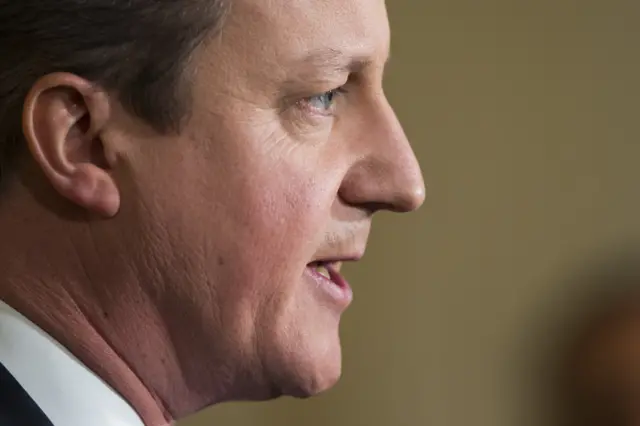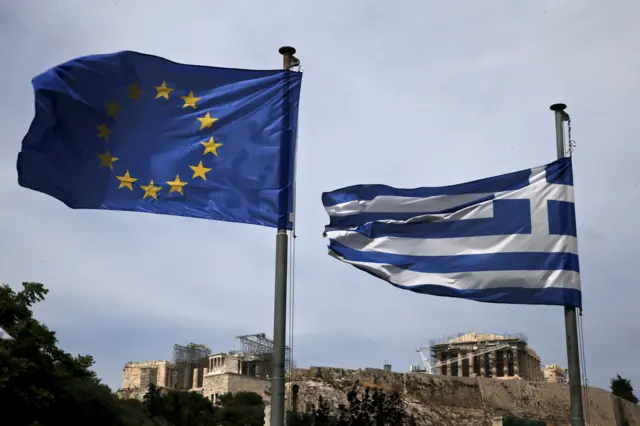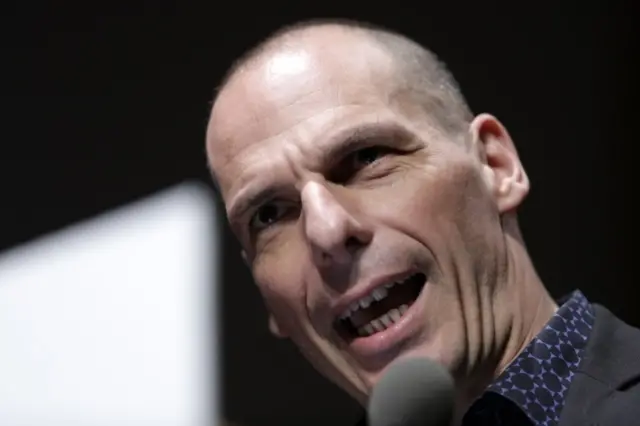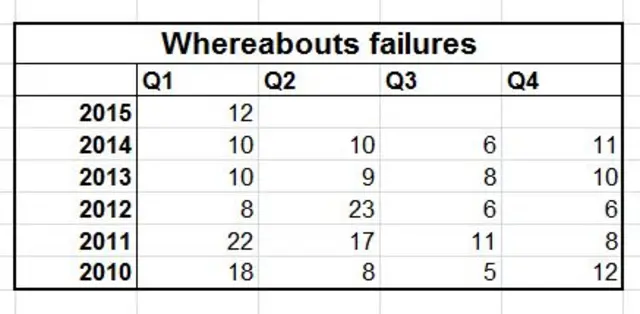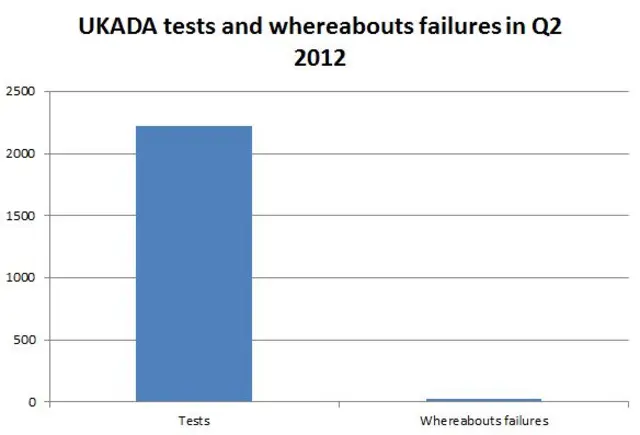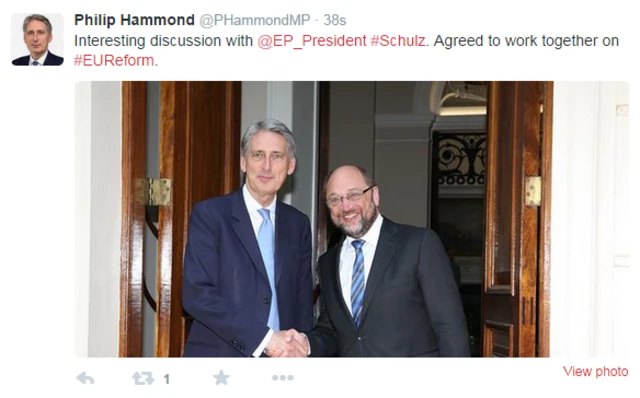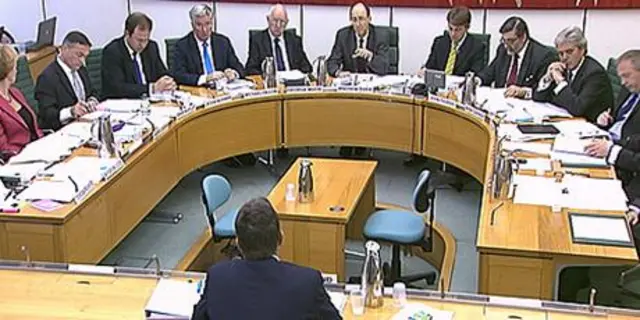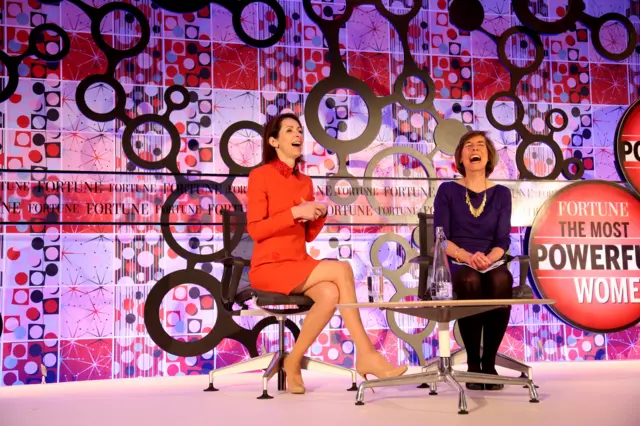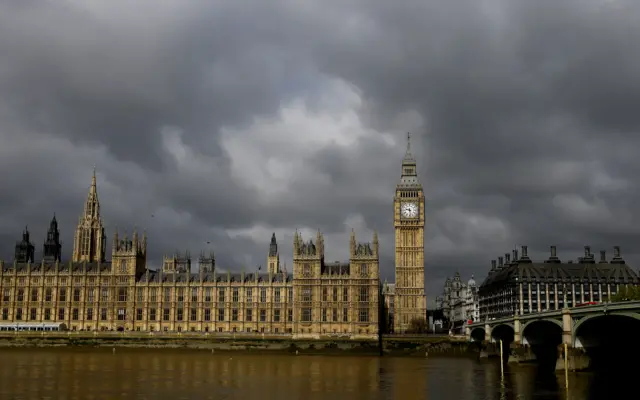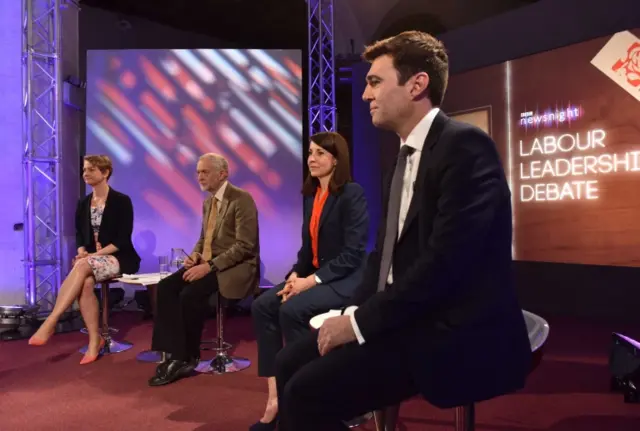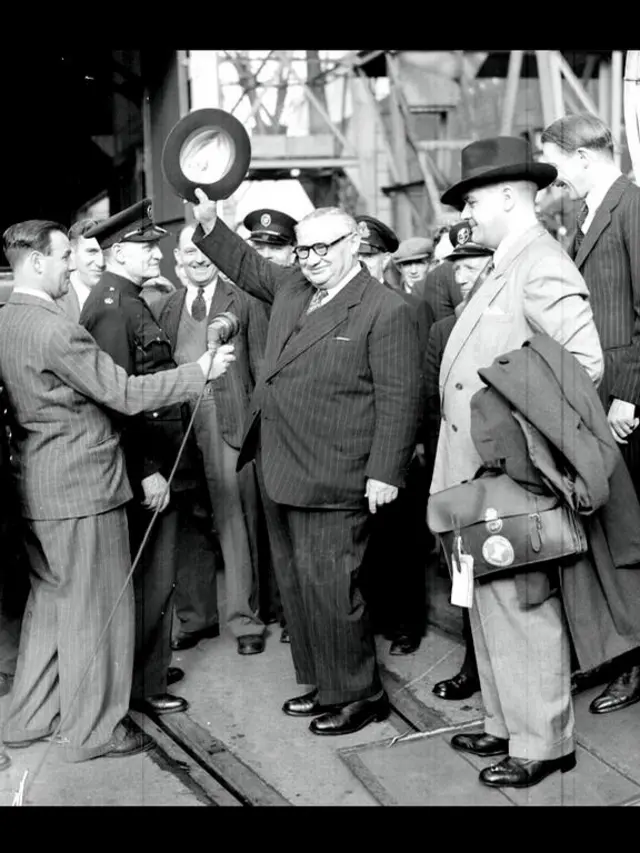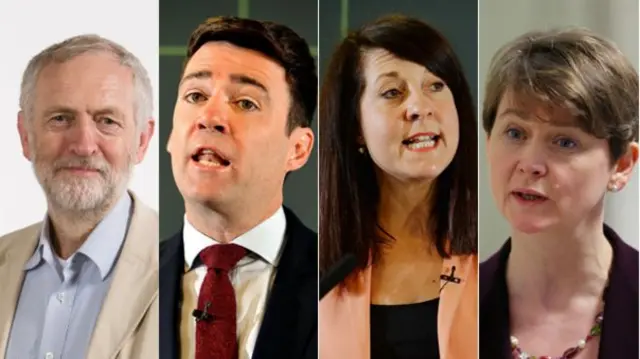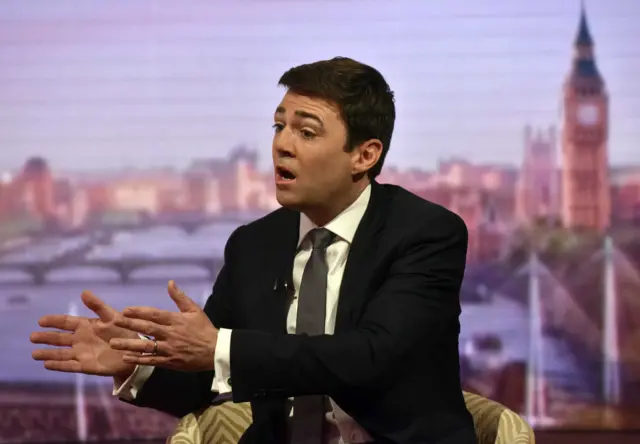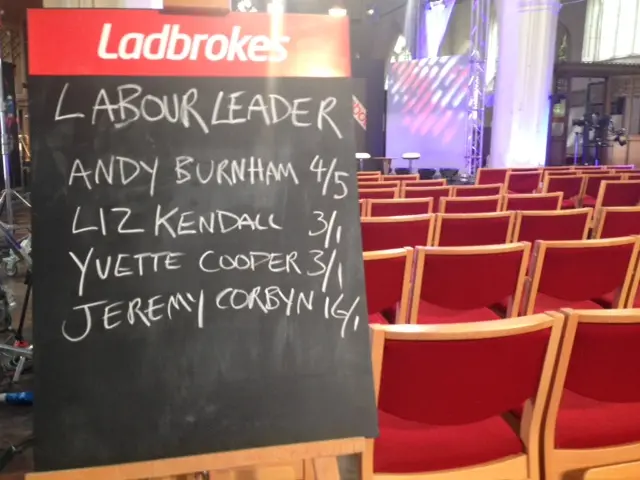Anish Kapoor sculpture vandalisedpublished at 16:50
Robert Morgan, Assistant Editor BBC Newsnight
 Image source, Kapoor Studio
Image source, Kapoor StudioVandals have spray-painted a controversial sculpture by Sir Anish Kapoor in the garden of the Palace of Versailles. The huge red metal work called "Dirty Corner" resembles a gaping cavern. It has been dubbed ``vagina of the queen'' by critics, and was sprayed with yellow paint by unknown vandals.
Kapoor is arriving in Versailles today to inspect the work, and decide what to do next. In a written statement for Newsnight Kapoor said: "The vicious voice of the few has commanded too much of the debate and has even drawn in good thinking people. It has now resulted in an act of vandalism to the work. I am left with a question about how I should react. Should the paint that has been thrown all over the sculpture be removed? Or should the paint remain and be part of the work? Does the political violence of the vandalism make Dirty Corner “dirtier”?
Does this dirty political act reflect the dirty politics of exclusion, marginalisation, elitism, racism, Islamophobia etc. The question I ask of myself is: can I the artist transform this crass act of political vandalism and violence into a public creative aesthetic act? Would this not then be the best revenge?"
You can watch a recent Newsnight interview with Sir Anish Kapoor below. He was speaking about his work with our Culture Correspondent, Stephen Smith.
You will soon be able to read Sir Anish Kapoor's statement about the attack on his sculpture in full on his website, external:
Allow YouTube content?
This article contains content provided by Google YouTube. We ask for your permission before anything is loaded, as they may be using cookies and other technologies. You may want to read Google’s cookie policy, external and privacy policy, external before accepting. To view this content choose ‘accept and continue’.
